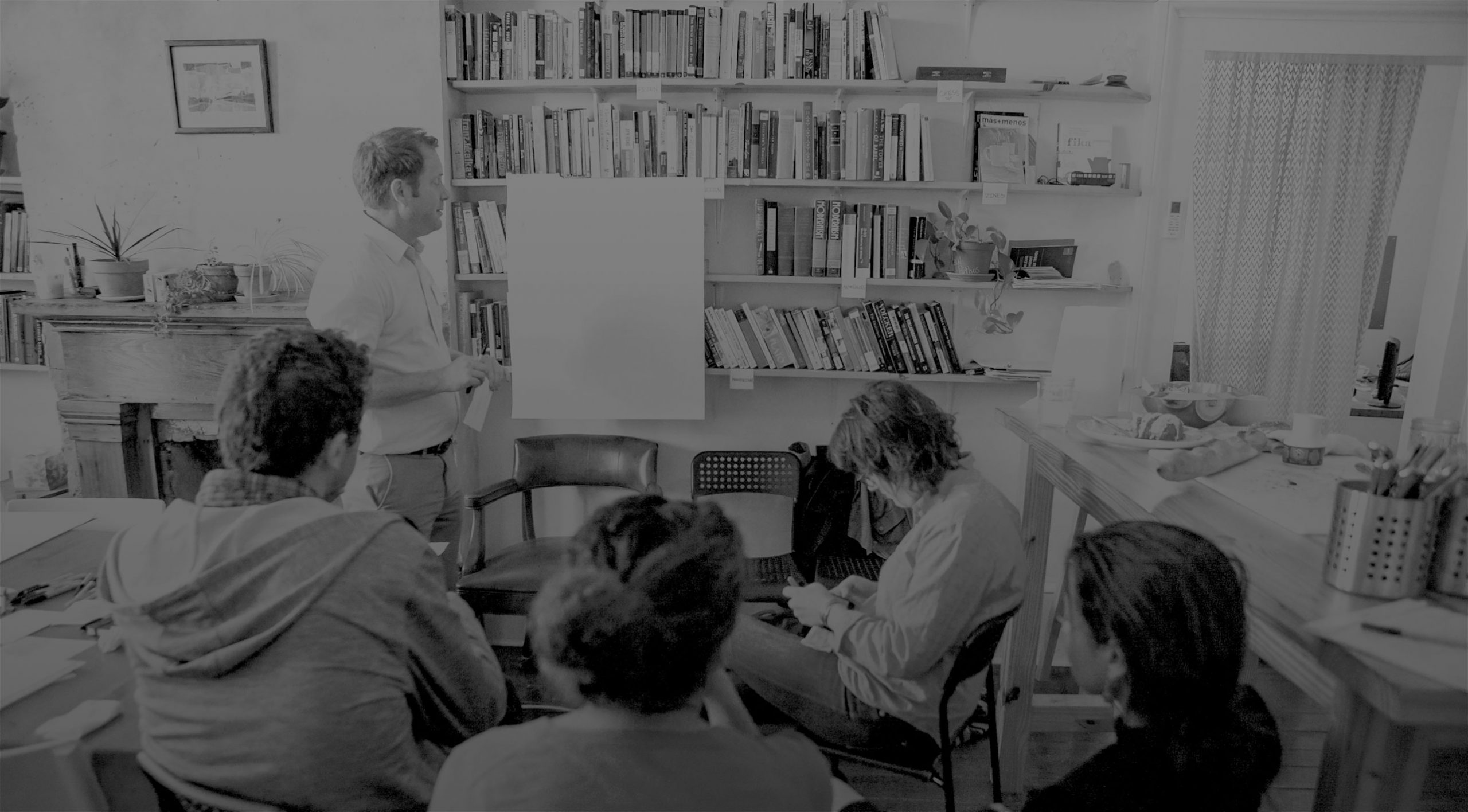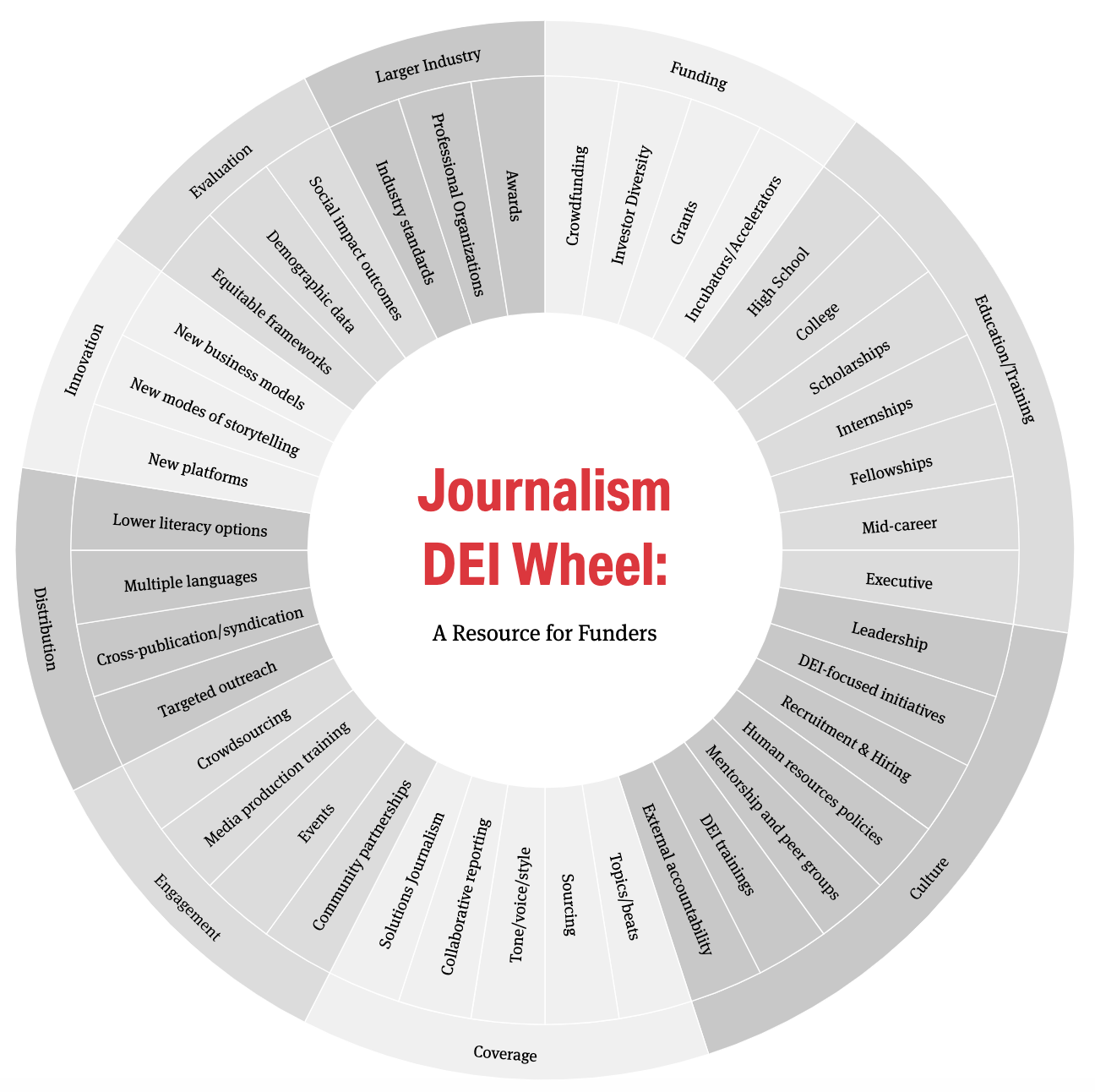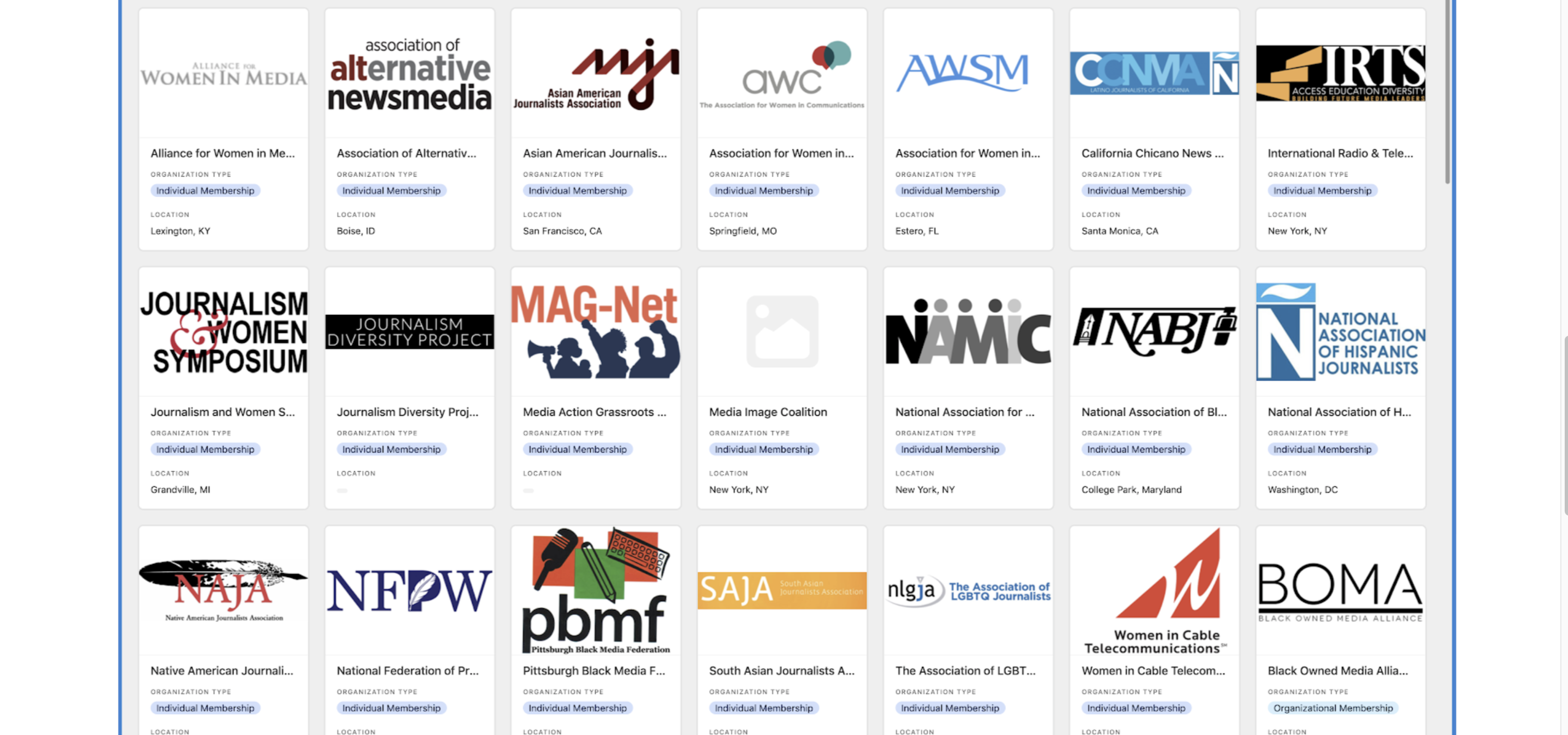Every election we ask ourselves, what motivates voters to participate? Could it be the love of a charismatic candidate? The dislike of a less-than-desirable one? Passion for a specific ballot initiative? Do voters show up to the polls out of habit? The answer is as varied as the voting population, as is the reason voters do not participate.
Research shows that while voters’ confidence in their own vote being counted accurately remains relatively constant, their belief that results at the national level are correct is in decline. As we work through reestablishing trust in our elections following Special Counsel Robert Mueller’s 22-month long investigation, the threat of interference in our elections by another nation-state remains.
The American public wants to believe that when they vote it means something—we are teaching elections officials about a new way to audit our elections and check for the accuracy every voter deserves. As with most election administration processes, implementation success lies in preparation—and Risk Limiting Audits (RLAs), which some proponents often refer to as the “cheap and easy” method to check the accuracy of the results, are no exception.
Democracy Fund recently launched the Election Validation Project to increase trust in elections through rigorous audits, standards, and testing. Part of this project is the release of Knowing it’s Right—the first Risk-Limiting Audit report which serves as a summary to capture where we currently stand on risk-limiting audits; an overview of what policymakers need to know; and as a guide or workbook on how practitioners can prepare to implement. The materials demonstrate the rigor that a jurisdiction needs to go through in order to conduct a meaningful audit, the decisions that need to be made along the way, and what to contemplate as this relatively young procedure continues to evolve.
The what and the how of an RLA are not well understood by many, which is why we created guidance for elections administrators to save time, money and ensure that the correct candidate won.
The idea is simple, although not many people have heard of a risk-limiting audit. Risk-limiting audit is a post-election audit that takes a random sample of voted ballots and manually examines those ballots for evidence the originally reported outcome is correct. An RLA limits the risk of certifying a contest with the wrong winner.
We are proud to support Jennifer Morrell, a nationally recognized election official with over eight years of experience managing local elections, to lead the Election Validation Project and spearhead the outreach on this guidance. Morrell’s work in Colorado was instrumental in the successful implementation of the first statewide risk-limiting audit and she has since spent time traveling across the country working on post-election audits. This report is the cumulative documentation of her effort.
We believe sound election administration policy and its practical application can ensure the American electorate is well served and that our democracy is strong. We are dedicated to that work and appreciate all who strive for that ideal along with us.






